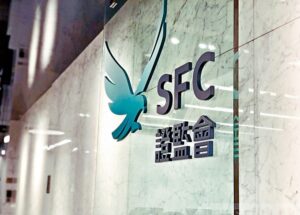China Construction Bank (CCB) is eyeing additional policy support from Beijing to strengthen the economy, even as major state-owned lenders grapple with the need to bolster profits in the face of potential benchmark rate decreases.
During CCB’s recent financial results briefing, Chief Financial Officer Sheng Liurong emphasized the need for continued policy support to sustain the economy’s recovery. Sheng highlighted the potential for further cuts to key benchmarks such as banks’ reserve requirement ratios (RRR) and loan prime rates (LPR), which could help lower financing costs and boost confidence.
CCB’s outlook reflects the confidence of major state-owned banks in Beijing’s strategic policy direction. In February, the People’s Bank of China (PBOC) slashed the five-year LPR by 25 basis points, the most significant cut since the benchmark system was revamped in 2019. This move followed a 50-basis-point reduction in the RRR announced in January, injecting 1 trillion yuan (US$138 billion) into the market.
Despite these measures, bank profits, as measured by net interest margins (NIMs), have been squeezed further by the LPR cut. CCB’s NIM dropped to 1.7%, down from 2.01% a year ago, while Bank of China (BOC) saw its NIM fall to 1.59% from 1.75% in 2022.
BOC and CCB have implemented proactive measures to mitigate the impact on profitability. BOC’s Executive Vice-President Zhang Yi noted that interest spread would face significant pressure this year due to the LPR cuts. The bank plans to optimize its asset structure and increase investments in personal housing and consumer loans, which offer high yields and low risk.
CCB President Zhang Jinliang outlined measures to protect the bank’s profit, including stabilizing interest income, boosting non-interest income, improving capital structure, and reducing operating costs. The bank also plans to increase investments in government bonds to enhance profitability, as national and local debt provide favorable returns.
CCB’s stance reflects the banking sector’s cautious optimism regarding the economy’s recovery and the need for ongoing policy support to navigate challenges and sustain growth.
(Source: SCMP | Lumi News Malaysia)









